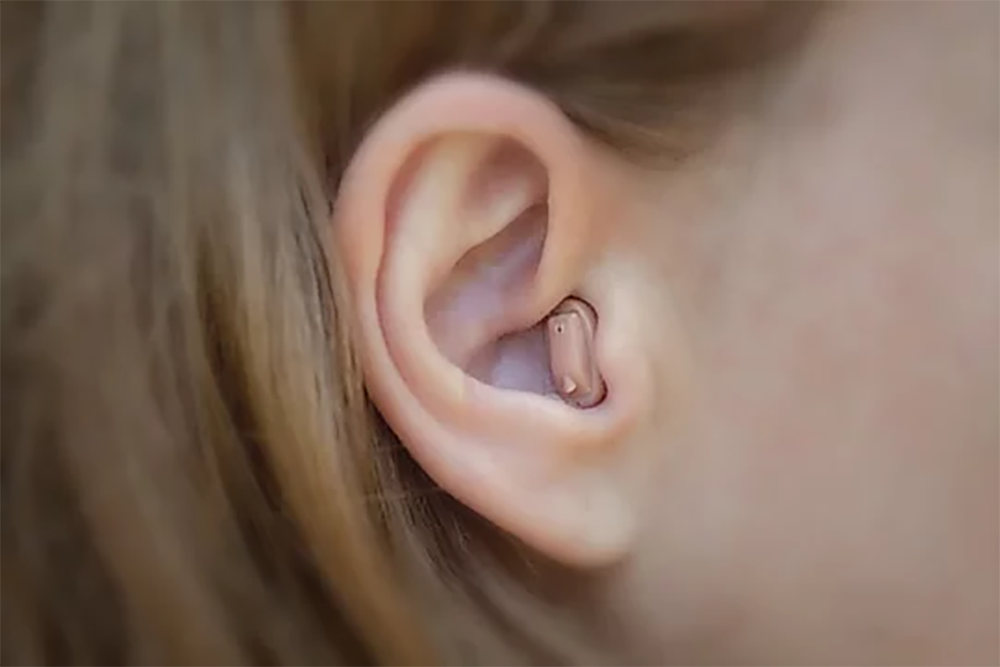Hearing Aids: Enhancing Sound Clarity and Quality of Life
Hearing aids have become an invaluable tool for millions of people worldwide who experience hearing loss. These small yet powerful devices can significantly improve the quality of life for those struggling with hearing impairment. In this article, we'll explore the world of hearing aids, their benefits, and how they work to provide better sound clarity and hearing support.

What are hearing aids and how do they work?
Hearing aids are small electronic devices designed to amplify and process sound for individuals with hearing loss. They typically consist of a microphone, amplifier, and speaker. The microphone picks up sounds from the environment, which are then converted into digital signals. These signals are processed and amplified before being sent to the speaker, which delivers the enhanced sound to the user’s ear. Modern hearing aids use advanced digital technology to provide clearer, more natural sound quality and can be customized to suit individual hearing needs.
What types of hearing aids are available?
There are several types of hearing aids available, each suited to different levels of hearing loss and lifestyle needs:
-
Behind-the-ear (BTE): These devices sit behind the ear and connect to an earmold inside the ear canal.
-
In-the-ear (ITE): Custom-made to fit entirely within the outer ear.
-
In-the-canal (ITC): Smaller than ITE aids, fitting partly in the ear canal.
-
Completely-in-canal (CIC): Nearly invisible, these fit entirely inside the ear canal.
-
Receiver-in-canal (RIC): Similar to BTE, but with the speaker placed inside the ear canal.
The choice of hearing aid depends on factors such as the degree of hearing loss, dexterity, and personal preferences.
Who can benefit from using hearing aids?
Hearing aids can benefit a wide range of individuals experiencing hearing loss, including:
-
Adults with age-related hearing loss
-
Children with congenital or acquired hearing impairment
-
People exposed to loud noises in their workplace
-
Individuals with specific medical conditions affecting hearing
It’s important to note that hearing aids are most effective for sensorineural hearing loss, which is the most common type. A hearing healthcare professional can determine if hearing aids are suitable for your specific situation.
What features do modern hearing aids offer?
Modern hearing aids come equipped with a variety of advanced features to enhance the user experience:
-
Bluetooth connectivity: Allows seamless connection to smartphones and other devices.
-
Directional microphones: Help focus on specific sound sources in noisy environments.
-
Noise reduction: Minimizes background noise for clearer speech recognition.
-
Feedback cancellation: Reduces whistling or buzzing sounds.
-
Rechargeable batteries: Eliminate the need for frequent battery changes.
-
Smartphone apps: Enable users to adjust settings and monitor battery life.
These features contribute to improved sound clarity and overall hearing support, making it easier for users to navigate various listening environments.
What are the benefits of using hearing aids?
Using hearing aids can have numerous positive impacts on an individual’s life:
-
Improved communication: Better hearing leads to easier conversations and social interactions.
-
Enhanced safety: Users can hear important environmental sounds, such as traffic or alarms.
-
Reduced cognitive load: Less effort is required to understand speech, potentially slowing cognitive decline.
-
Increased independence: Users can participate more fully in daily activities and social events.
-
Better mental health: Improved hearing can reduce feelings of isolation and depression associated with hearing loss.
-
Enhanced quality of life: Overall, hearing aids can significantly improve one’s enjoyment of music, conversations, and other auditory experiences.
How do I choose the right hearing aid?
Selecting the right hearing aid involves several considerations:
-
Consult an audiologist: A professional can assess your hearing loss and recommend suitable options.
-
Consider your lifestyle: Choose features that align with your daily activities and environments.
-
Think about visibility: Decide whether you prefer a discreet or more visible device.
-
Budget: Determine what you can afford, considering both upfront costs and long-term maintenance.
-
Try before you buy: Many providers offer trial periods to ensure you’re satisfied with your choice.
-
Check for warranties and after-sales support: Ensure you have access to ongoing care and maintenance.
Remember, the most expensive or technologically advanced hearing aid may not always be the best choice for everyone. The key is finding a device that meets your specific needs and preferences.
In conclusion, hearing aids are remarkable devices that can significantly enhance sound clarity and quality of life for those with hearing loss. With a wide range of options available and continuous technological advancements, there’s likely a hearing aid solution suitable for most individuals experiencing hearing difficulties. By working closely with a hearing healthcare professional, you can find the right device to support your hearing needs and improve your overall well-being.
This article is for informational purposes only and should not be considered medical advice. Please consult a qualified healthcare professional for personalized guidance and treatment.




